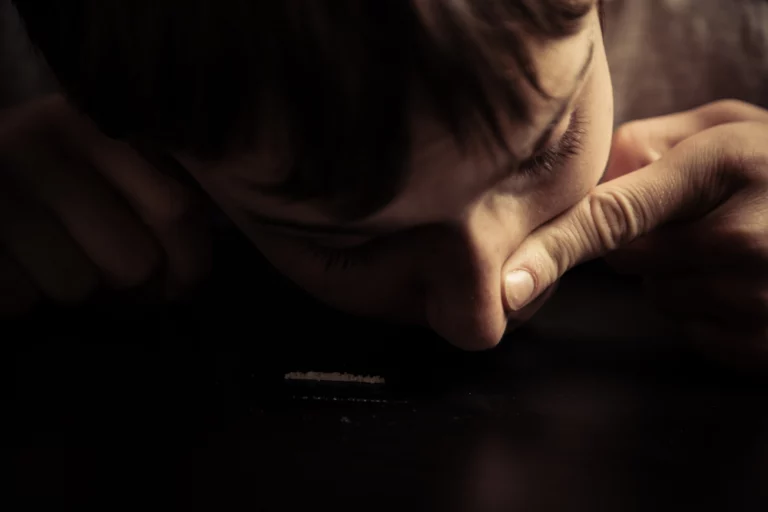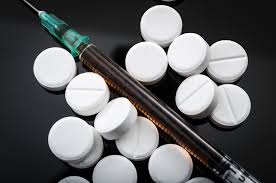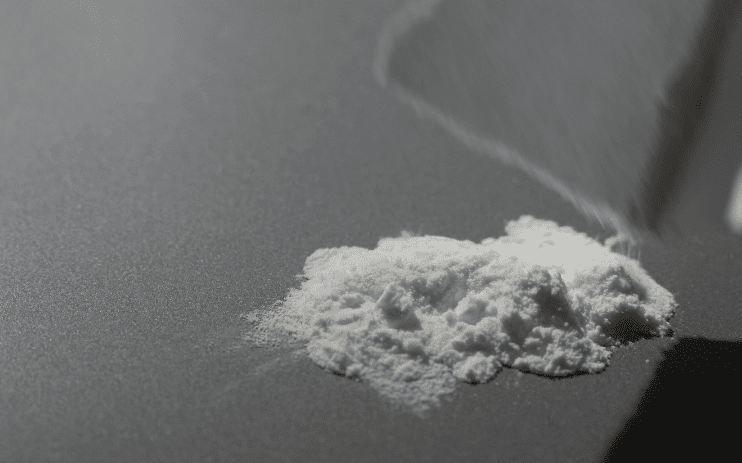What Is a Social Alcoholic?
Often times the face of social drinking has the outward appearance of laughter, comradery, and fun. On the outside, it appears to be a far cry from what one envisions when they think of the word ‘alcoholic.’ When many people hear that word, they think about people who drink around the clock, those who get out of control and abuse their partners or those who drink at home alone.
However, the truth is that the term ‘alcoholic’ doesn’t fit into one specific mold or type of person. There is such thing as a social alcoholic as well, which we will discuss here. Before we do, know that we at Oasis Recovery are not here to judge anyone for their drinking problem. We are here to help you overcome it.
What Does It Mean to Be a Social Alcoholic?
Perhaps you don’t wake up first thing in the morning and have a drink, but you wait until the happy hour arrives each day. You usually don’t drink at home alone, but instead, you meet up with your friends at the bar on a daily basis. You may have convinced yourself that you don’t have a drinking problem because you aren’t sitting at home alone getting drunk.
You also think you are okay because you seem to have everything under control. Your life isn’t falling apart, and you seem to be functioning just fine. However, underneath it all, you know that you do drink too much alcohol. Your body tells you so, by the way you feel the next day. You suffer from hangovers on a regular basis.
You may tell others that you are coming down with something, to avoid having to tell them that you are hungover from the night before. Lately, you have noticed from time to time that you are feeling a little shaky during the day so you have a drink around lunchtime. These are withdrawal symptoms.
The pattern we have just described is one of a social alcoholic. Another term that is often used to describe a social alcoholic is a “high-functioning” alcoholic.
Signs That You May Be a Social Alcoholic
When you are a social alcoholic or high-functioning alcoholic, your life seems to be working out just fine for you. The truth is that you can still be an alcoholic even if you have a great paying job that you show up for, a nice home, and great friends, for example. A social alcoholic might be a responsible person and a productive worker. People might overlook your drinking because they don’t notice that you have suffered any setbacks due to it. However, the problem is that eventually, it is going to catch up with you, one way or another.
Could you or someone you know be a social alcoholic? Here are a few indications that it is a possibility:
- Lie about drinking alcohol, or get mad when confronted about it
- Drink too much when you don’t mean to
- Need alcohol to calm down or have confidence
- Make jokes about being an alcoholic
- Don’t remember what you did while you were drinking
- Drink in the morning
- Failure to keep up with responsibilities
- DUI
Health Risks of Heavy Social Drinking
Even if you seem to have things all together on the outside, what you are doing to your body by drinking heavily on a regular basis is something that cannot be overlooked or understated.
Liver damage is the most obvious problem. Since alcohol is a toxin, it is your liver’s job to flush it out of your system. Drinking too much alcohol can scar your liver, causing cirrhosis. Over time, you can contract alcoholic fatty liver disease.
Heavy drinking raises the dangers of blood clots and cholesterol levels in the body. It becomes harder for their circulatory system to pump blood and there is a higher chance of heavy drinkers dying from heart disease.
Because alcohol affects the brain’s communication network, it becomes more difficult for you to think and speak clearly, recall facts, decide on things, and move around. Drinking heavily can also cause depression and dementia.
There is also a strong link between heavy alcohol use and certain types of cancers. This is because alcohol can damage cells in your mouth and throat areas. Cancer in your liver, breast and intestines may happen as a result of heavy drinking.
Digestive problems are another issue. It inflames the lining of your stomach, which causes heartburn and nausea. Long-term, this can cause stomach inflammation, which causes ulcers. Alcohol can also cause you to get pancreatitis, which is an inflamed pancreas.
What Happens During Treatment for Alcoholism?
The first step in any treatment plan is detoxification. Your body needs to rid itself of the abundance of toxins that you have been feeding it in excess. During this period, depending on how much alcohol you have been drinking, you will likely experience a period of alcohol withdrawal symptoms.
Here are a few symptoms you may expect to feel:
- Depression or anxiety
- Tiredness
- Irritability
- Shakiness
- Mood swings
- Nightmares
- Mental fogginess
- Sweating
- Headache
- Difficulty sleeping
- Loss of appetite
- Enlarged pupils
- Fast heartbeat
- Tremors
During treatment, the goal becomes to lessen the symptoms of alcohol withdrawal and to present therapy to stop you from drinking in the future. You may receive sedative drugs that help you feel better during withdrawals.
Treatment for Social Drinking Issues at Oasis
Is your social drinking getting to a level where it is becoming out of control? Perhaps you are sick of living with constant hangovers or tired of having blocks of time erased from your memory from drinking too much. Whatever has brought you to this point, know that you are making the right decision by seeking out treatment for social alcoholism. It is just important that you do so as soon as possible. Don’t put it off another day. Contact our supportive and caring staff and make the choice to live clean and sober.











